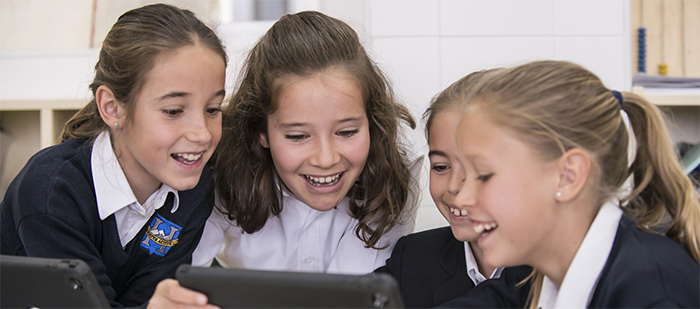The beginning of a lesson must be perfect and precise. I have never observed a lesson that began badly or even began OK, which ended in an outstanding way, with progress being made by all students. To use an analogy, the start of a lesson is like opening the traps at a race. So much energy and so much potential exists at the very beginning of any lesson. The role of the teacher is to take that energy, take those released from the traps (to continue that analogy) and take them all to the finish line. When all students experience joy and wonder, and have little awareness of the length of the lesson, that’s magic. For that magic to happen, the lesson must start perfectly.
The start of any lesson must interest, excite and engage everyone in the classroom or learning space. It can link overtly or covertly to the lesson, but should not be so obtuse that the message is lost. It must be pitched to the right level for all those in the room. Then, and only then, will you help all your students to cross the finish line and achieve something spectacular. If even one or two students don’t understand the point of the lesson or don’t engage with it from the start, the negativity will spread. Think about it…what feels more negative than sitting in a room feeling excluded?
In the past I have misjudged the start of lessons. Some have been too esoteric, some too demanding, and some just outright boring! When that happens, I suddenly become aware that I am going to have to work much harder to get everyone across the line with a learning that they can take away. The beginning of the lesson sets the tone. It sends a message to a student about whether they should engage or not since it signposts what’s to come. Reflecting on my own lessons, carrying out some research on the topic, and observing others, I have come to understand just how important the beginning of a lesson is. Armed with this knowledge, the beginning of every lesson I plan (or help others to plan) now gets maximum attention. I ask questions like:
- Is the task well pitched for the students in the room?
- Should I use visual aids?
- Should there be a short film clip?
- Would a philosophical question or a poem work?
Only when I’m completely happy with the start of my lesson do I commit to planning the rest of it.
The fact that a perfect start to a lesson allows for a perfect finish is not the only important thing. If you know your students well enough to begin a lesson in a way you know they’ll love, and show them enough commitment to tweaking and adjusting every lesson to meet their needs, your lesson won’t just be great, it will be outstanding. It’s not just the fact that the beginning of the lesson is perfect, it’s the work you put into it that’s important.
Consider if from the other way round. What does it say if you’re satisfied that most but not all of your students understand the point of the lesson? Which one or two are you going to exclude today? Tomorrow? Next week? The next time you have a lesson start that’s pretty good, give it some attention so that next time it’s absolutely perfect.
You may want to read ‘Our expert’s guide to the perfect starter’ on the Guardian Teacher Network.





